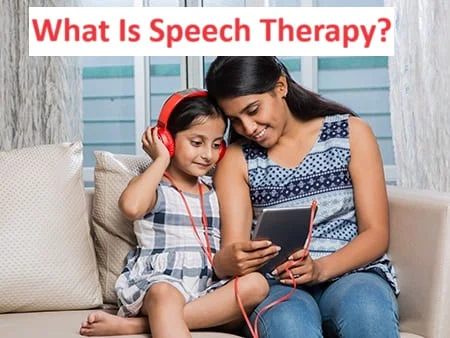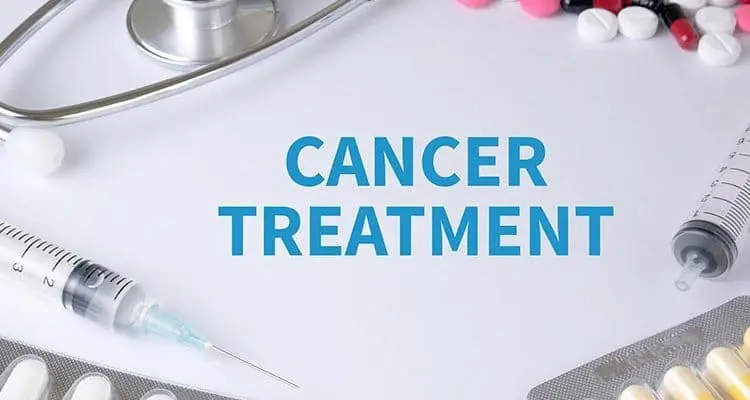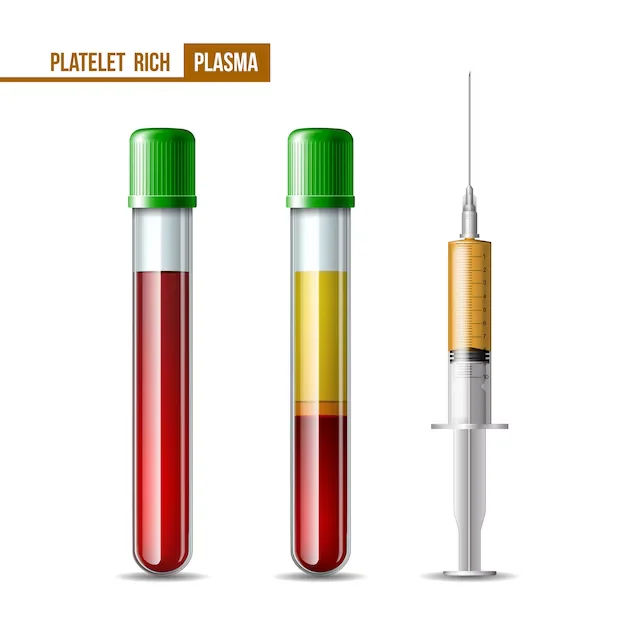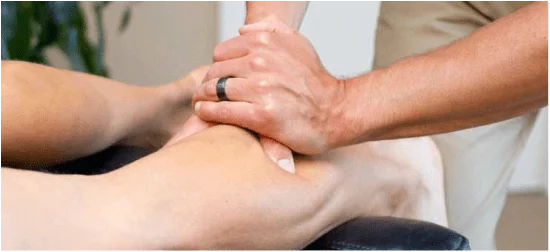Speech Therapy
What Is Speech Therapy?
The diagnosis and treatment of speech abnormalities and communication issues is known as speech therapy. Speech-language pathologists, or SLPs as they are more often known, are the ones who carry it out.
Techniques from speech therapy are applied to enhance communication. Depending on the kind of speech or language impairment, these could involve articulation therapy, language intervention exercises, and other things.
Speech problems that manifest in childhood or adult speech difficulties resulting from disease or trauma, such as brain damage or stroke, may require speech therapy.
Speech therapists, or speech-language pathologists, work with people of all ages, from children to adults, addressing a wide range of communication difficulties, including articulation disorders, language delays, voice disorders, stuttering, and more.
Why do you need speech therapy?
With speech therapy, a number of speech and language impairments can be treated.
Articulation disorders
An articulation disorder is the inability to pronounce some words correctly. Word sounds may be added, changed, dropped, or distorted in a kid with this speech problem. Saying “thith” instead of “this” is an illustration of word distortion.
Fluency disorders.
A fluency issue impairs speech’s rhythm, rhythm, and flow. Fluency issues include cluttering and stuttering. A stutterer finds it difficult to produce sounds, and they may repeat words entirely or in parts, or they may block or interrupt their speech. A cluttered person frequently speaks quickly and blends words together.
Resonance disorders.
When normal airflow in the nasal or oral canals is blocked or obstructed, the vibrations that determine voice quality are altered, leading to a resonance disorder. It may also occur from an improper closure of the velopharyngeal valve. Tonsil enlargement, neurological conditions, and cleft palate are frequently linked to resonance abnormalities.
Receptive disorders.
A receptive language disorder sufferer finds it difficult to understand and digest other people’s words. This may make you appear bored when someone is talking, make it difficult for you to follow instructions, or have a little vocabulary. Receptive language disorder can be caused by autism, hearing loss, brain trauma, and other language issues.
Expressive disorders.
Difficulty expressing or transferring information is a sign of expressive language dysfunction. You could find it difficult to construct correct sentences if you have an expressive disorder, for example, by using the wrong verb tense. It is linked to developmental disabilities like hearing loss and Down syndrome. Additionally, a medical ailment or head trauma may be the cause.
Cognitive-communication disorders.
Cognitive communication disorder is the term used to describe communication difficulties resulting from damage to the area of the brain responsible for thought processes. It may cause difficulties with speaking or listening, remembering, and problem-solving. Biological issues, including abnormal brain development, specific neurological disorders, brain trauma, or stroke, maybe the cause.
Aphasia.
A person’s capacity to communicate and understand others is impacted by this acquired communication problem. It frequently impairs a person’s capacity to read and write as well. Although aphasia can also be caused by other brain illnesses, strokes are the most common cause of it.
Dysarthria.
Speech that is slow-paced or slurred as a result of a lack of strength or control in the speech muscles characterizes this disorder. The most common causes are diseases of the neurological system, such as multiple sclerosis (MS), amyotrophic lateral sclerosis (ALS), and stroke, which result in facial paralysis or weakness of the tongue and throat.
What signs indicate a need for Speech Therapy?
Your healthcare practitioner will suggest some basic testing if they think you or your kid may have a speech disorder. These assessments will assist in identifying the root cause of any problems with communication.
For instance, your child’s healthcare professional might recommend an audiologist for a hearing test if your youngster struggles to communicate. Your child may require the services of a speech-language pathologist if they pass the hearing test.
What is the ideal Speech Therapy age?
Speech therapy can help anyone who needs assistance with their language or speech abilities. There is no right or ideal age to seek assistance. For those with a communication disorder, speech therapy for adults and children is beneficial.
According to studies, children who require speech therapy benefit most from early intervention and practice with a family member at home.
What takes place in Speech Therapy?
An SLP will typically do an assessment before beginning speech therapy in order to determine the type of communication issue and the most effective course of treatment.
Speech therapy for children
Depending on the nature of your child’s speech impairment, speech therapy may be provided in a classroom, small group, or one-on-one setting. The exercises and activities used in speech therapy differ based on the needs, age, and disease of your child. In the course of child speech therapy, the SLP may:
Engage in conversation, play, and language intervention with books, pictures, and other things to promote language development.
As a child plays in an age-appropriate setting, teach them the correct syllables and sounds to make.
Give the child, parent, or caregiver homework assignments and strategies for completing speech therapy at home.
Speech therapy for adults
Adult speech therapy also starts with an evaluation that determines your needs and the most appropriate course of action. Adults might benefit from speech therapy exercises to improve their language, speech, and cognitive communication skills.
Retraining swallowing function may also be part of therapy if swallowing issues have been caused by an injury or medical illness like Parkinson’s disease or oral cancer.
Activities could include:
- Addressing issues, organizing, and storing information, as well as other cognitive communication-related tasks
- Strategies for having conversations that enhance social communication
- Breathing exercises to enhance resonance and oral muscle strengthening
If you want to attempt speech therapy exercises at home, there are lots of tools accessible, such as:
- Speech therapy apps
- Games and toys for language development, include flip cards and flash cards, as well as workbooks for speech therapy
How much time will speech therapy take you?
A few variables determine how long a person needs speech treatment, such as:
- their age
- the type and intensity of the speech impairment
- regularity of treatment
- underlying health issue
- therapy for an underlying health issue
While some speech impairments persist into maturity and require for ongoing therapy and care, others start in childhood and become better with age.
With treatment and as the situation improves, a communication issue caused by a stroke or other medical condition may get better.
To what extent does Speech Therapy work?
The success rate of speech therapy differs depending on the age group and type of condition being treated. The timing of your speech therapy sessions can also affect how things work out.
It has been demonstrated that early intervention and practice in the home setting with a parent or caregiver are key components of the most effective speech therapy for young children.
What benefits does speech therapy offer?
Speech therapy has several advantages, such as:
- increased confidence.
- More independence.
- improved understanding and expression of concepts, ideas, and emotions.
- Early childhood preparation for school.
- improved vocal quality.
- early proficiency in the language.
- improved ability to swallow.
- a higher standard of living.
Conclusion
A wide spectrum of speech and language impairments and abnormalities in both adults and children can be treated with speech therapy. Speech therapy can enhance communication and increase self-confidence when used early on.
FAQ
What will a speech therapist do?
SLPs, often known as speech therapists, are trained in the study of human communication, including its development and disorders. SLPs evaluate oral/feeding/swallowing, cognitive-communication, speech, and language abilities. They can then choose the best course of action for resolving the issue.
What age is best for speech therapy?
As soon as a kid exhibits symptoms of a speech or language impairment, speech treatment should be started. Between the ages of two and five, children, especially toddlers, should start speech therapy.
How successful is speech therapy?
In general, speech therapy is the greatest choice for people who want to boost their confidence and enhance their speech and language abilities because it has a high success rate with both adults and children.
At what age is speech fully developed?
3 to 4 years
utilizes the majority of speech sounds, although some of the more challenging sounds, such l, r, s, sh, ch, y, v, z, and th, may be distorted. It could take till the age of 7 or 8 to thoroughly grasp these sounds.
Is 4 years old too late for speech therapy?
Speech therapy has no minimum age requirement. It’s never too late—pediatric speech therapists deal with infants from the moment of birth until the age of eighteen! Continue reading if you’re not sure if taking your child to see a pediatric speech therapist might be beneficial.
How long should you do speech therapy?
Depending on what a child is working on, yes. Children may see a speech-language pathologist once a week or several times a week. A few weeks, a few months, or a few years may pass throughout treatment.
How many sessions a week for speech therapy?
Your speech therapist will likely advise starting with twice-weekly appointments, at the very least. Speech and language abilities require repetition and practice to develop. Ultimately, you will complete speech treatment more quickly the more times you practice these abilities.








9 Comments